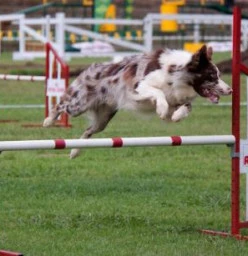- 178 Rowles Rd, Farmall, 2062, Magaliessig, Gauteng 2062
- 2-5 km from Waterfall Central
Training Aids - Pet Supplies & Services in Waterfall Central (3652)
No exact matches found within 5km.
Other related businesses in and around Waterfall Central (within 20km)
- 450 Kassier Rd Assagay Hillcrest, Assagay, KwaZulu-Natal 3610
- 5-10 km from Waterfall Central
- 10 Russell St, Ashley, Pinetown, Ashley, KwaZulu-Natal 3610
- 5-10 km from Waterfall Central
- 54 Glenugie Rd, Pinetown, Manors, Manors, KwaZulu-Natal 3610
- 5-10 km from Waterfall Central
- 10 Russell St, Ashley, Pinetown, Ashley, KwaZulu-Natal 3610
- 5-10 km from Waterfall Central
- 10 Russell St, Ashley, Pinetown, Ashley, KwaZulu-Natal 3610
- 5-10 km from Waterfall Central
- Plot 204 Leeuwfontein, Kameelfontein Road, District Roodeplaat Dam, Roodeplaat, Gauteng 39
- 10-20 km from Waterfall Central
- Gillits, Gillitts CBD, KwaZulu-Natal 3610
- 5-10 km from Waterfall Central
- St James Avenue Westville, Central Westville, KwaZulu-Natal 3629
- 10-20 km from Waterfall Central
Agility, canine freestyle and trick training. We are all about having fun with your dog! We are associated with Boavida Canine Lifestyle Centre. We train agility, canine freestyle, flyball and trick training. We find the fun in dog training! Read more


